Introduction
In the fast-paced world of construction, efficiency and cost-effectiveness are paramount to a project's success. One often overlooked yet crucial element is selecting the right power wheelbarrow rental. This article delves into the essential steps to ensure that the chosen equipment aligns perfectly with the project’s needs, from understanding specific requirements and choosing the right model, to prioritizing employee training and selecting a reputable rental provider.
By addressing these key areas, construction managers can not only enhance productivity but also adopt more sustainable and resource-efficient practices, ultimately leading to successful project outcomes.
Understanding Your Rental Needs
Before renting a power cart, it’s vital to thoroughly assess your project's specific needs. Start by considering the volume and type of materials you'll be transporting. For instance, heavy construction materials like concrete or soil will require a more robust cart compared to lighter loads. Next, evaluate the terrain of your job site. Uneven or rough terrains might necessitate a wheelbarrow with enhanced stability and traction. Additionally, factor in the rental duration. Understanding these aspects ensures you select the most suitable equipment, maximizing both efficiency and cost-effectiveness. As Mark Twain wisely noted, "The secret of getting ahead is getting started." Establishing a clear understanding of your requirements from the outset will help you avoid unnecessary complications and optimize your endeavor's success.
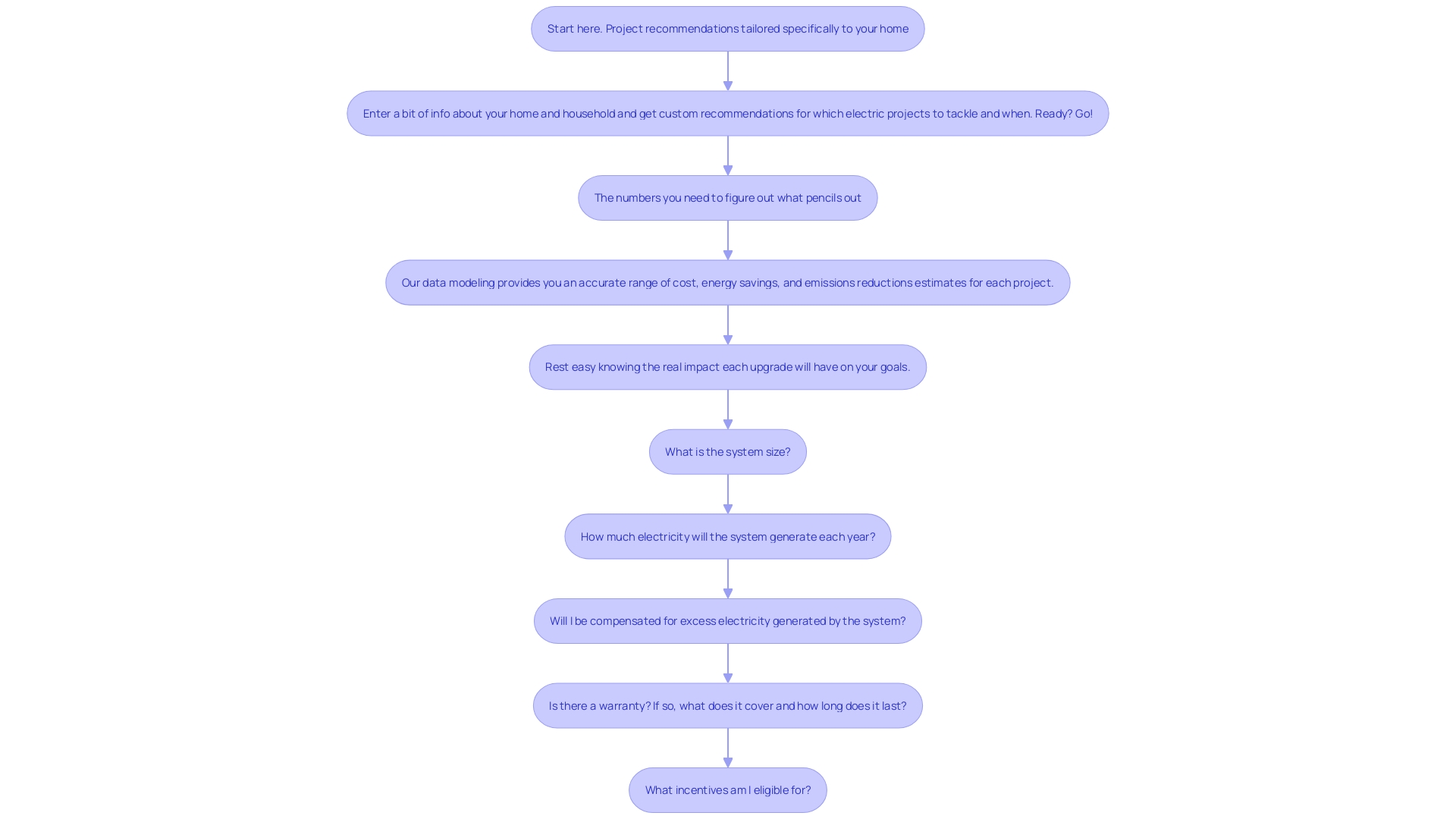
Choosing the Right Power Wheelbarrow
Choosing the suitable power cart is essential for enhancing efficiency on building sites. When evaluating your options, consider factors such as capacity, weight, and power source. For example, electric transport carts are perfect for indoor tasks because of their zero emissions and reduced noise levels, making them compliant with growing environmental regulations aimed at minimizing the construction industry's carbon footprint. In contrast, gas-powered wheelbarrows might be better suited for outdoor tasks where power and endurance are paramount. Ensuring the chosen model aligns with the specific demands of your project can significantly ease the burden on workers and contribute to a more sustainable work environment. As highlighted by recent industry trends, the integration of electric machinery not only supports environmental goals but also maintains the high operational standards required in construction.
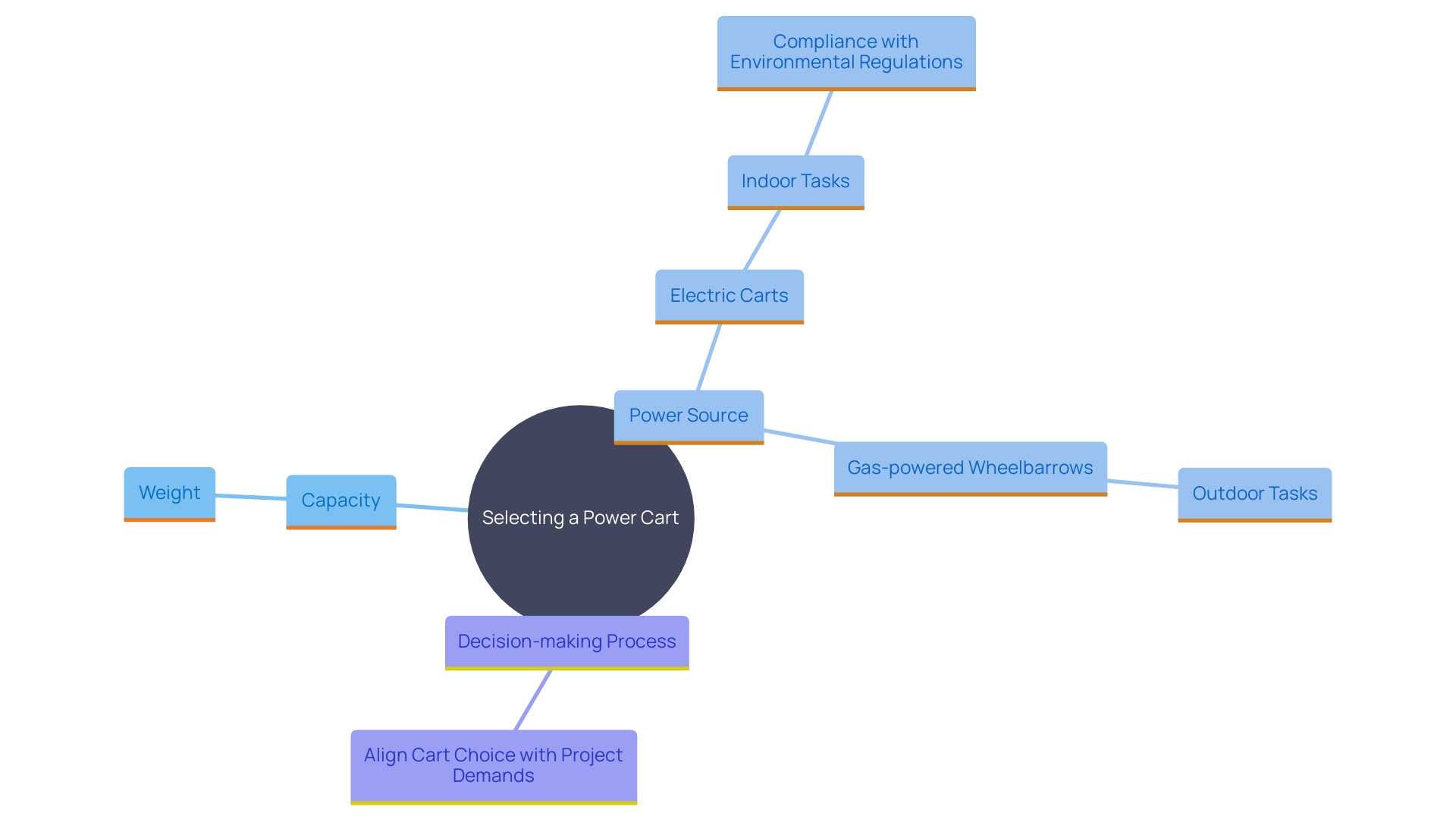
Benefits of Renting Power Wheelbarrows
Choosing power wheelbarrow options can provide significant advantages, especially regarding cost effectiveness, versatility, and access to advanced technology. The initial financial burden of acquiring equipment is removed, and leasing periods can be customized to fit specific project timelines, ensuring maximum flexibility. Furthermore, leasing firms generally keep their machinery in excellent shape, greatly reducing the likelihood of operational failures. The equipment leasing sector in the US has experienced a threefold increase since 2000, reflecting its growing importance and competitiveness. This rapid expansion has fostered a more regionally diverse market, providing construction managers with a broader array of choices. Furthermore, the leasing industry supports sustainable practices by prolonging the functional lifespan of machinery, thus offering eco-friendly and cost-effective solutions. As one industry expert noted, 'The platform supports global accessibility and promotes sustainability by extending the operational life of equipment, offering cost-effective, resource-conserving solutions.' This approach not only conserves resources but also aligns with modern construction methods, making it an intelligent choice for forward-thinking project managers.
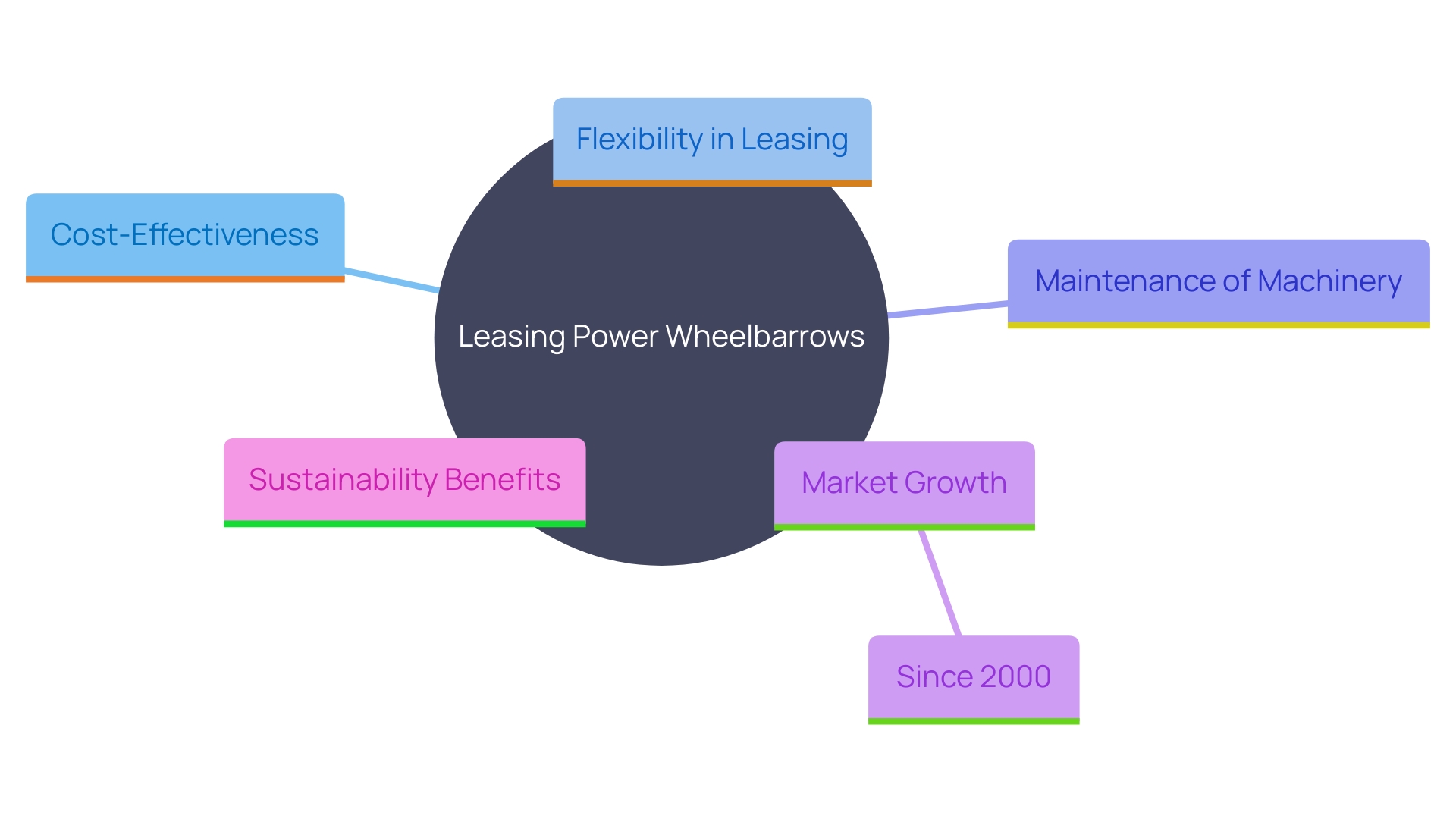
Selecting the Right Rental Provider
Choosing a trustworthy leasing provider is crucial for a smooth experience. Prioritize companies with strong customer reviews, an extensive inventory, and exceptional customer service. For example, Dexter Rent-ALL, founded by Stephanie and Vasquez in Dexter, Michigan, expanded from a small area into a thriving leasing enterprise by concentrating on these elements. Vasquez highlights that their customer service background and understanding of client needs were pivotal. A good provider not only recommends the best equipment for your project but also ensures timely delivery and pickup, significantly boosting project efficiency. The rental industry has seen massive growth, tripling since 2000, which underscores the need for reliable service providers who can meet the diverse needs of their clients.
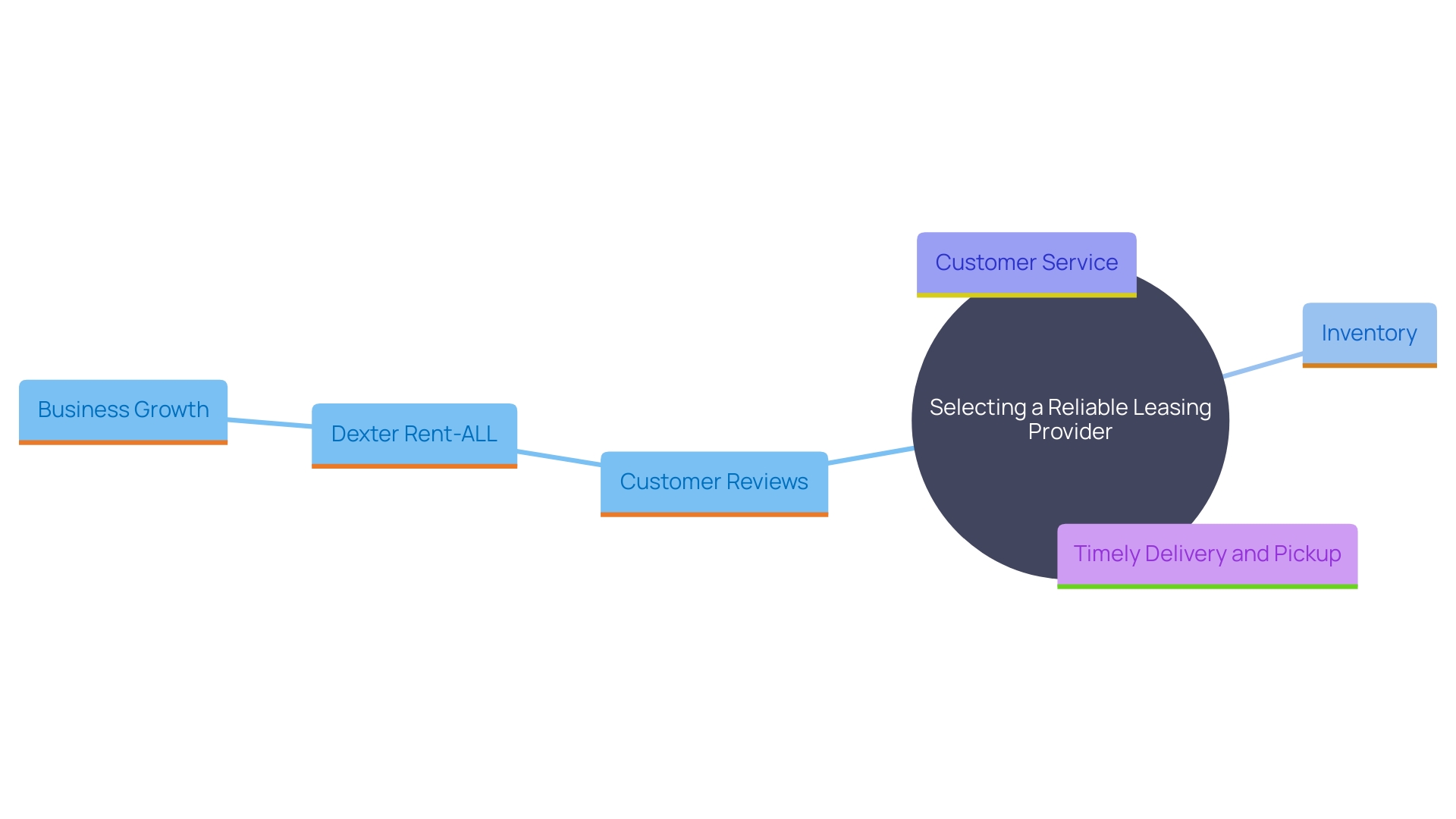
Prioritizing Employee Training
To maximize the efficiency of power carts, invest in training your team on proper usage and safety protocols. Employee safety training programs are essential for reducing operational errors and enhancing productivity. These programs can cover a wide range of topics, from general workplace safety awareness to specialized training for specific equipment. Consider offering practical training sessions that cover best practices for loading, maneuvering, and maintaining the carts.
Research demonstrates a clear link between the quantity and quality of training provided and the safety of operations. Industries with fewer fatalities tend to offer more consistent training. For example, only 54% of employees in the construction industry go through annual training, compared to 58% in the manufacturing sector, which has lower fatality rates.
Incorporating comprehensive training programs ensures that employees are well-versed in operational best practices and safety protocols. As Hannah Boothe notes, “In the realm of industrial operations, the handling of heavy-duty equipment stands as a crucial task that demands precision, expertise, and an unwavering commitment to safety.” Training helps employees recognize and avoid common mistakes, fostering a safer and more efficient workplace.
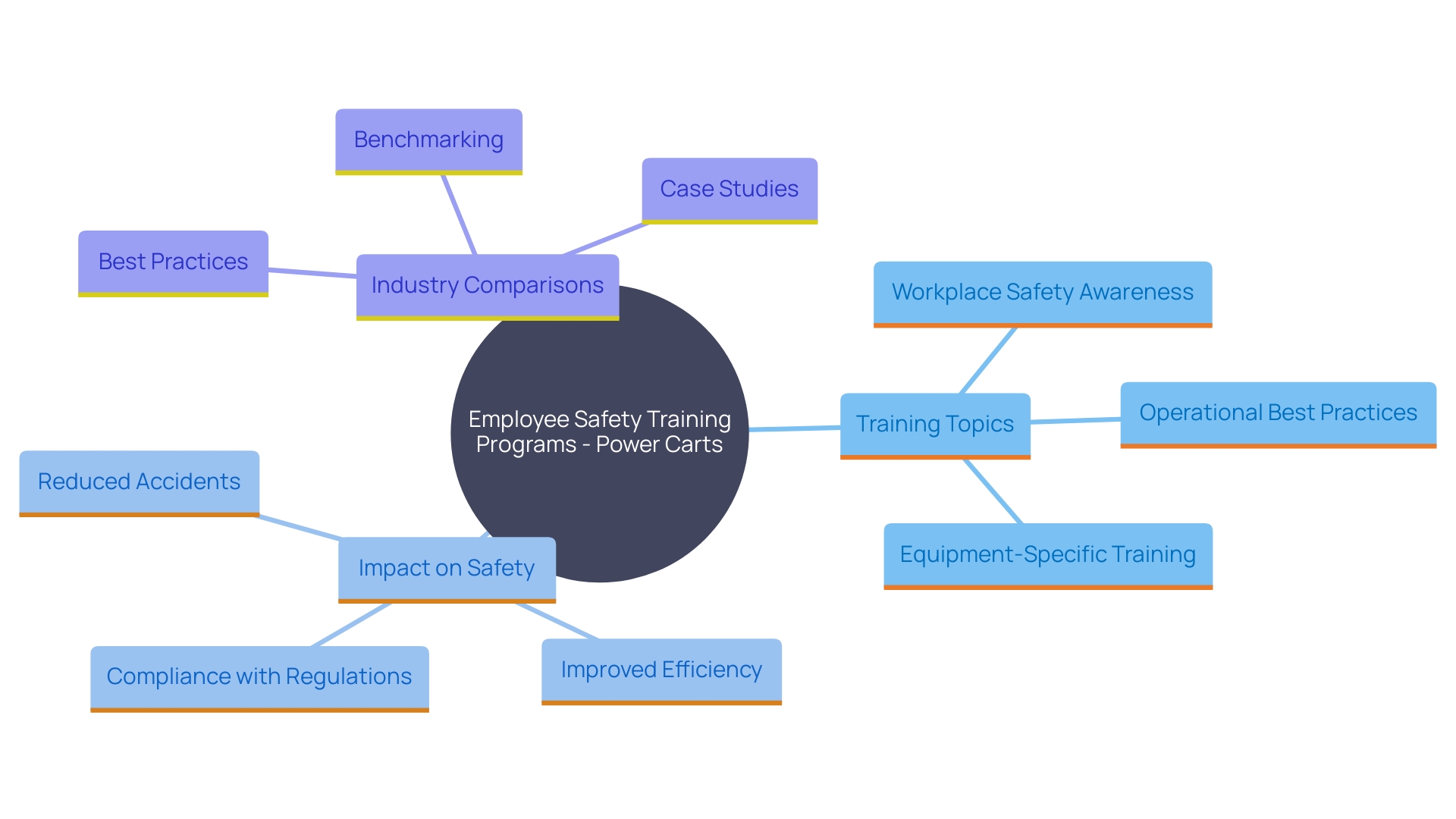
Maximizing Productivity with Efficient Equipment Use
Maximizing the efficiency of your power rental involves strategic organization and clear communication. Start by designing your job site to facilitate smooth material flow. This ensures that wheelbarrows are easily accessible, minimizing unnecessary movement and delays. Additionally, leverage innovative technologies like Rugged Robots, which use AI to precisely layout construction zones based on 3D designs, reducing human error and enhancing productivity. Clear communication channels among team members are crucial to coordinate tasks seamlessly, minimizing downtime and ensuring the project stays on track. Implementing these strategies not only boosts productivity but also helps in managing tight deadlines and budget constraints effectively.
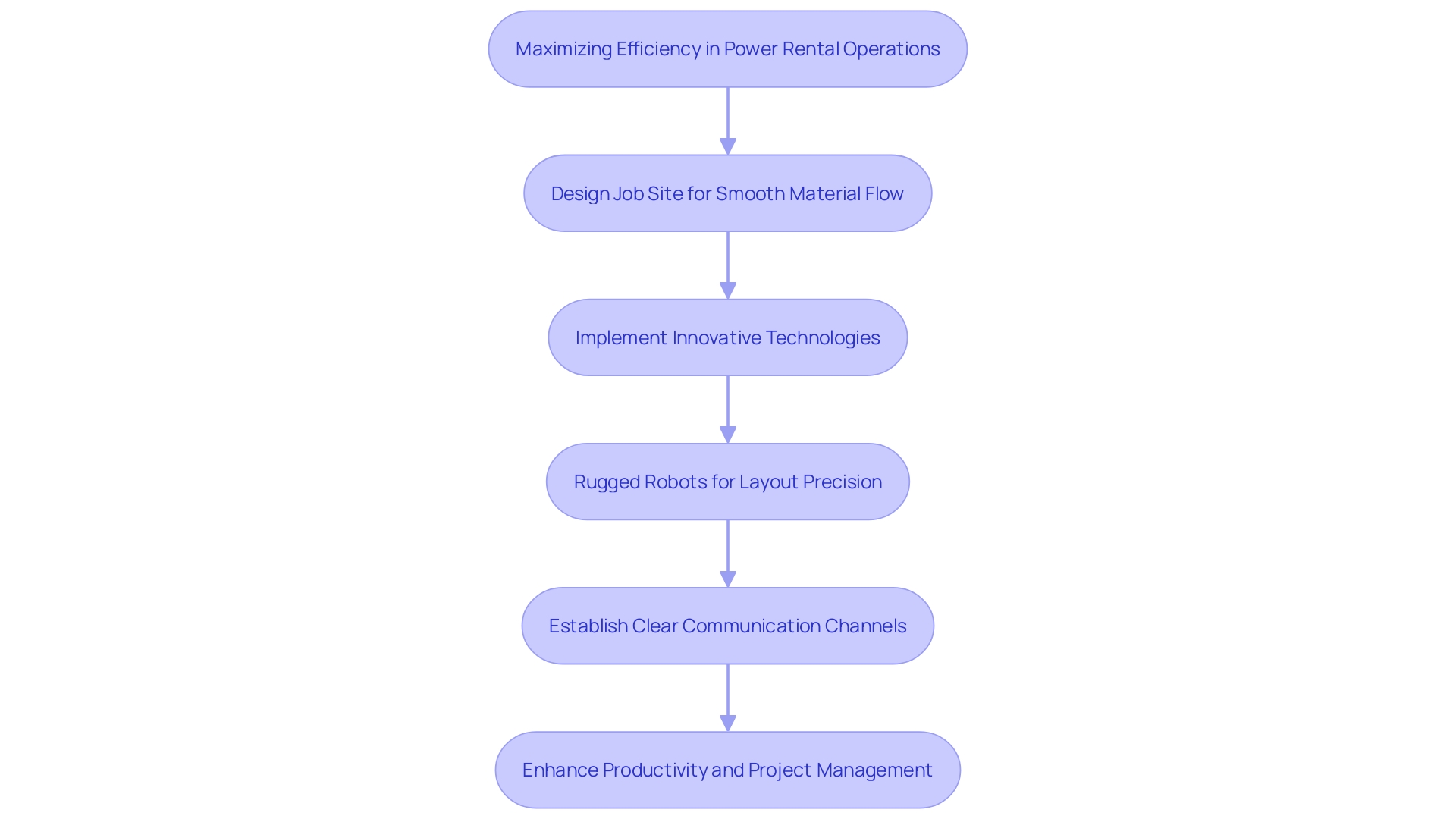
Conclusion
Selecting the right power wheelbarrow rental can significantly impact the success of construction projects. Understanding specific rental needs is the first step, ensuring that the chosen equipment aligns with the materials, terrain, and project duration. This careful assessment allows for more efficient operations and cost management.
Choosing the appropriate model is equally essential. By evaluating factors such as capacity, weight, and power source, project managers can select a wheelbarrow that meets both operational demands and environmental standards. The benefits of renting, such as cost efficiency and access to well-maintained equipment, further enhance productivity and sustainability in the construction process.
Partnering with a reputable rental provider adds another layer of assurance. A provider with strong customer service and a wide inventory can facilitate timely delivery and support, which are crucial for maintaining project momentum. Additionally, investing in employee training on equipment usage and safety protocols not only minimizes risks but also enhances overall productivity.
Finally, maximizing productivity through strategic organization and clear communication is vital. Implementing innovative technologies and fostering effective teamwork can lead to smoother operations, helping to meet tight deadlines and budget constraints. By addressing these key areas, construction managers can optimize their projects and contribute to a more sustainable future in the industry.




